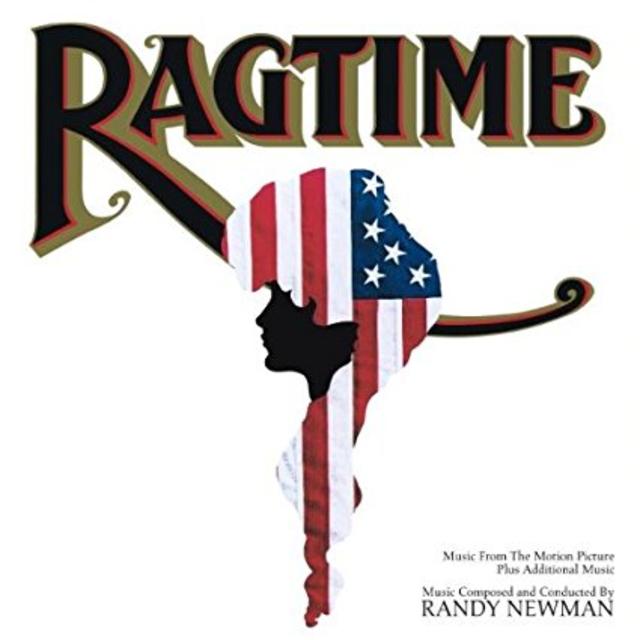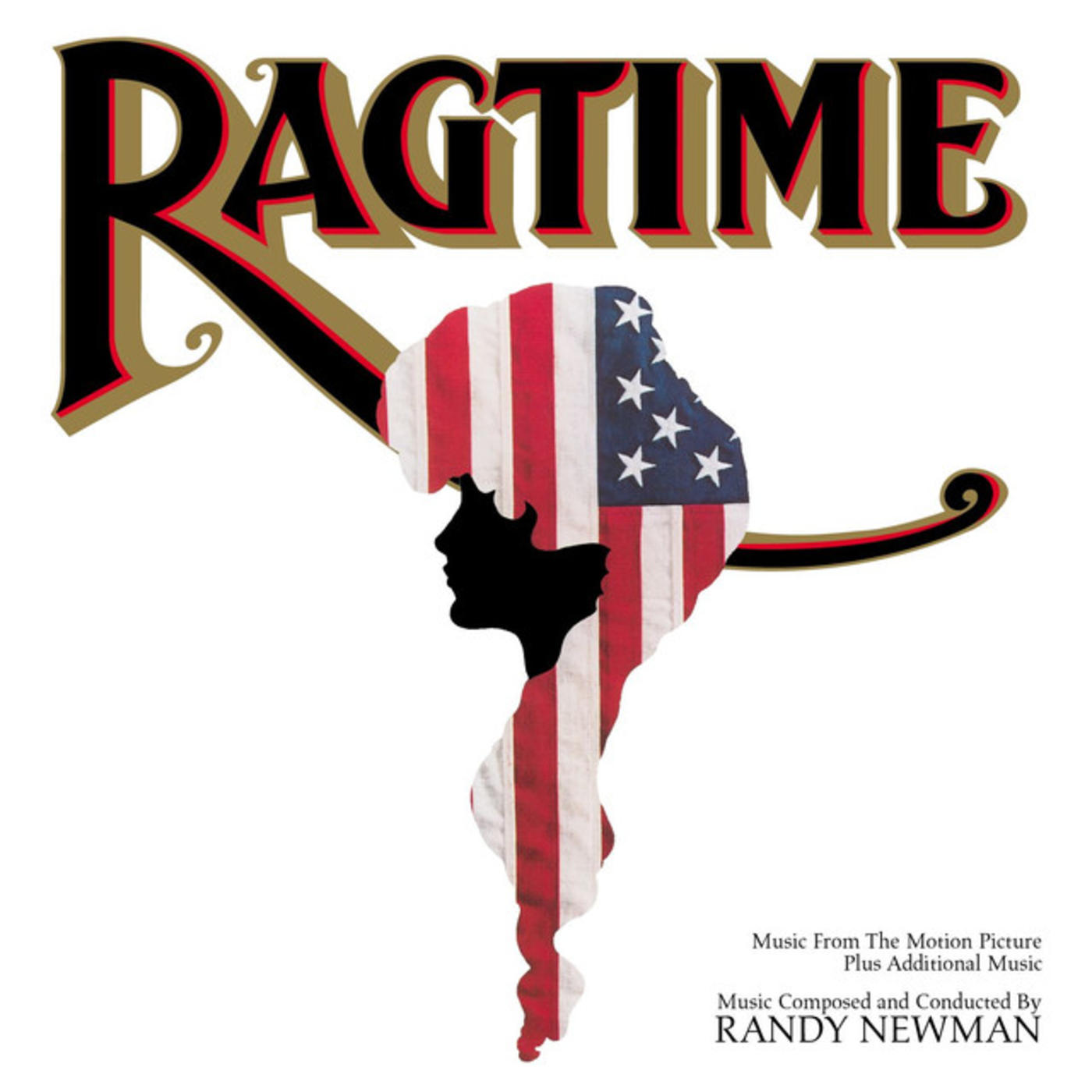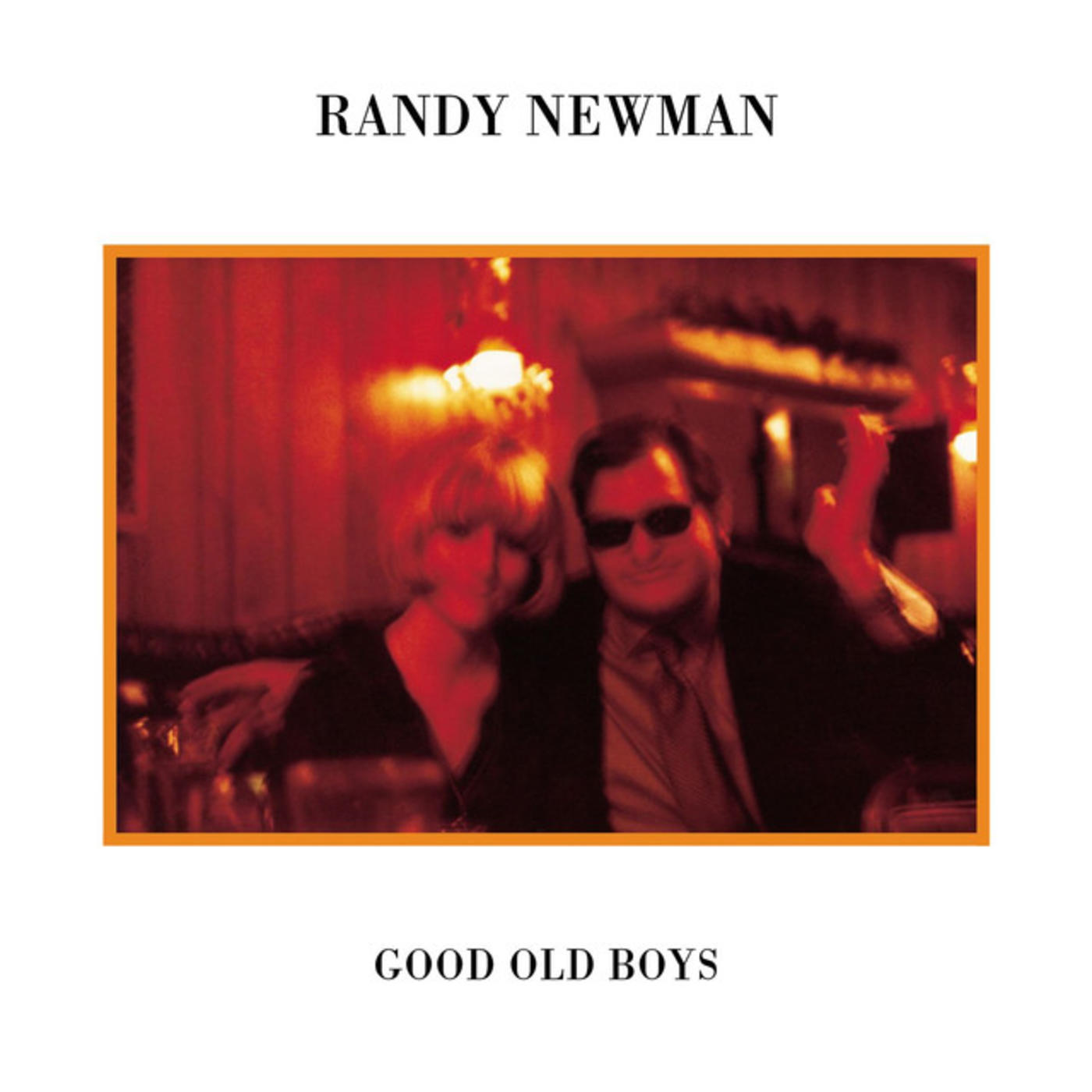Happy 35th: Randy Newman, RAGTIME

35 years ago this month, Randy Newman released his score to Milos Forman’s adaption of E.L. Doctorow’s Ragtime, properly kicking off what has gone on to become a lucrative career for Newman in the motion picture industry.
By using the word “properly” in the previous paragraph, we were trying to gently note that this wasn’t actually Newman’s first time around the block in terms of writing a movie score. In fact, he had composed the music for Norman Lear’s lone foray into feature-film directing, Cold Turkey, which was released in 1971. The problem, at least in terms of Newman managing to find anything resembling momentum in the field of movie scoring, was that the film was actually made in 1969 but subsequently shelved until ’71.
When the time came for Forman to adapt Doctorow’s book, a period piece set at the turn of the 20th century, producer Dino DeLaurentiis selected Newman for the assignment of scoring the film, likely because Newman’s usual music often already sounded like it could’ve come from an earlier era. In fact, Newman was attached to do the film’s score more than half a decade before it ever got made, having been selected for the job back when Robert Altman was still attached to direct, and it was a wise choice that paid off handsomely: the resulting score fits both the era and the various tones of the film like a glove.
Vocal highlights include Newman’s version of the Cass Freeborn / Edgar Allan Wolfe composition, “I Could Love a Million Girls,” sung by Donald O’Connor, “Change Your Way,” sung by Newman himself, and “One More Hour,” which was sung by Jennifer Warnes and went on to earn Academy Award, BAFTA, and Golden Globe nominations for Best Original Song in a Motion Picture. On the instrumental side of things, however, the main title music is almost lovely enough to make you start tearing up before ever seeing a frame of the film. Indeed, Newman’s entire score is wonderful, and it sounds just as beautiful now as it did then.


